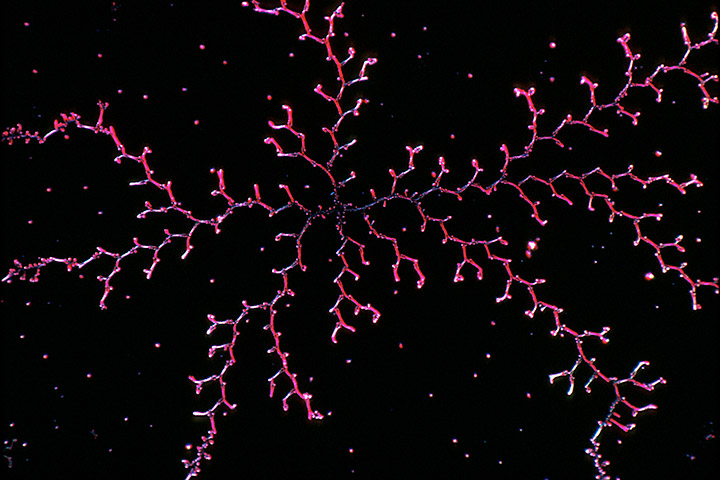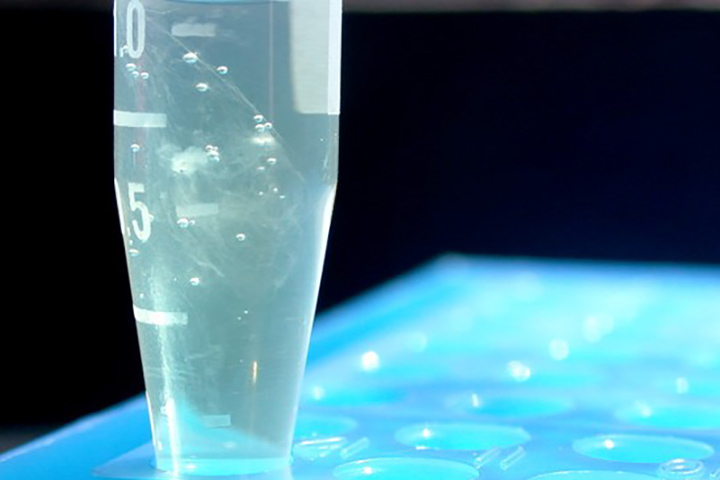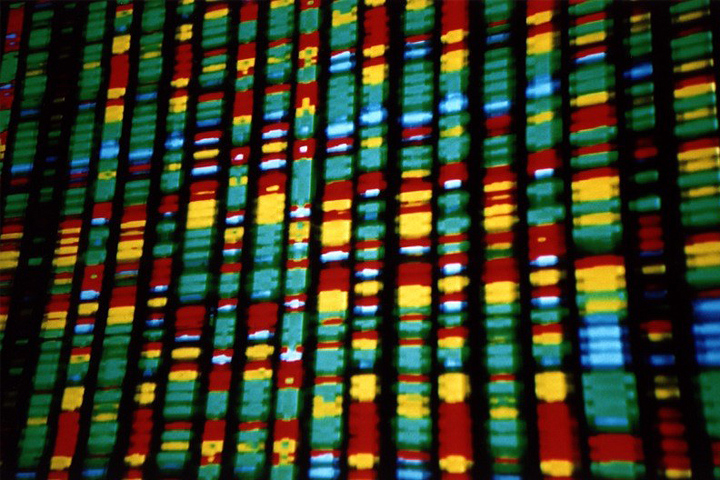Blog
17 Articles

A New Triple Combination for Tumors with BRCA1/2 or PALB2 Mutations
A clinical trial is comparing a two-drug combination with a three-drug combination to see which works better for genetic mutations.

Targeted Therapy for Cancers Carrying the PALB2 Mutation
Researchers are testing a type of targeted therapy called a PARP inhibitor for cancers carrying the PALB2 mutation.

Progress in BRCA-Related Cancers Highlighted By the Basser Center
The Basser Center for BRCA hosted a panel discussion of the latest breakthroughs and discoveries for BRCA-related cancers.

Who Should Be Screened For Pancreatic Cancer
Who should be screened for pancreatic cancer? Dr. Allyson Ocean explains how genetic mutations and family history factor into screening.

PRECEDE Trial Sets Survival Rate Goal
Dr. Raymond Wadlow explains how earlier detection of high-risk people is key the PRECEDE trial’s goal to increase pancreatic cancer survival rates.

Chemotherapy-Radiation Combination for Pancreatic Cancer in the Liver
Can targeted radiation disrupt tumor growth in the liver of advanced pancreatic cancer patients with BRCA2 and PALB2 mutations?

New Study Aims to Reduce Recurrence Risk for Select Patients
Dr. Kim A. Reiss is leading a study of the PARP inhibitor olaparib to delay or prevent a recurrence of surgically removed pancreatic cancer.

PARP Inhibitor as Maintenance for Pancreatic Cancer Patients with BRCA1, BRCA2, or PALB2 Mutations
A new clinical trial tests a PARP inhibitor as maintenance treatment for pancreatic cancer patients with BRCA1/2 or PALB2 mutations.

Exploiting DNA Mutations For Pancreatic Cancer Treatment
Dr. James Cleary explains how the researchers at Dana-Farber are looking to make PARP inhibitors even more effective for pancreatic cancer patients.

Searching for Potential Pancreatic Cancer Blood Biomarkers
Researchers are using blood samples to follow people considered at risk for developing pancreatic cancer in a trial looking for early detection biomarkers.

Genetic Testing for All Pancreatic Cancer Patients
A study by Dr. Gloria Petersen’s research team has led to an official recommendation that all pancreatic cancer patients get genetic testing.

PARP Inhibitors for Pancreatic Cancer Maintenance Treatment
Dr. Kim Reiss Binder is leading a clinical trial of maintenance treatment with the PARP inhibitor rucaparib, for patients who carry the BRCA mutation.

The ABCs of Genetic Testing
There are a number of different genetic mutations that can cause familial pancreatic cancer. This article explains some of the most common ones.

Tumor Genetics Research Brings Some Answers for Families at High Risk
Professor Gloria Peterson of the Mayo Clinic is working on tumor genetics to help make early detection of pancreatic cancer a reality.
